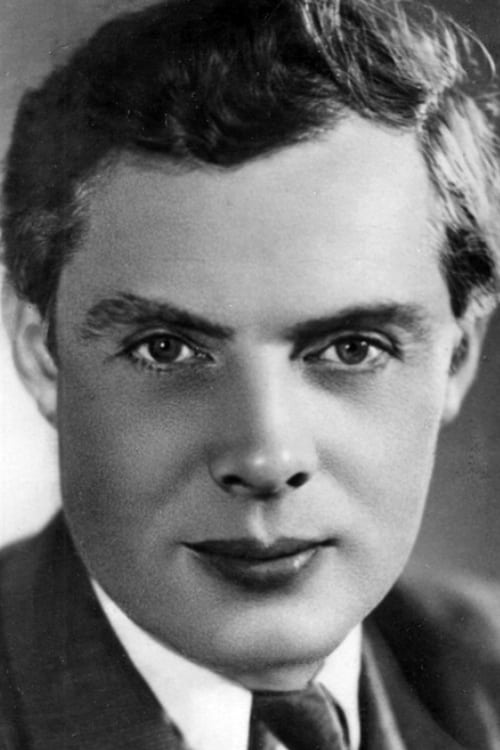Pavel Kadochnikov
Nascimento : 1915-07-28, Petrograd, Russian Empire
Morte : 1988-05-02
História
Pavel Petrovich Kadochnikov (Russian: Павел Петрович Кадочников) (16 July [O.S. 29 July] 1915 – 2 May 1988) was a Soviet actor, film director and screenwriter. Among other notable roles he played in the film Ivan the Terrible, directed by Sergei Eisenstein. He received the Stalin Prize three times (1948, 1949, 1951), was named a People's Artist of the USSR (1979) and a Hero of Socialist Labour (1985).

Writer

Director
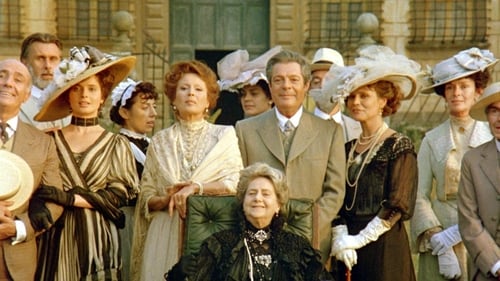
Aboard a ship early in the 20th-century, a middle-aged Italian tells his story of love to a Russian.

Хлебников

Saddi Daugavet / Chappy Daugavet
In the circus of the city Zurbagan a mysterious stranger with the ability to fly. Many present at this performance, however, few people think about what is happening.
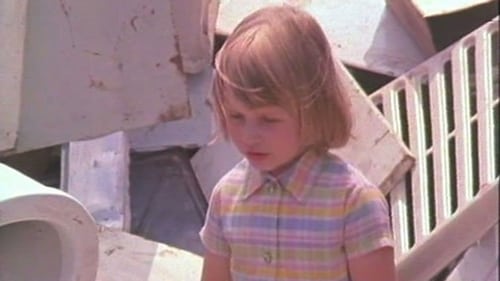
Academician Silantyev, Masha's Great-grandfather
Masha, an adventurous five years old girl tries to find what to do while her preschool is closed for quarantine.
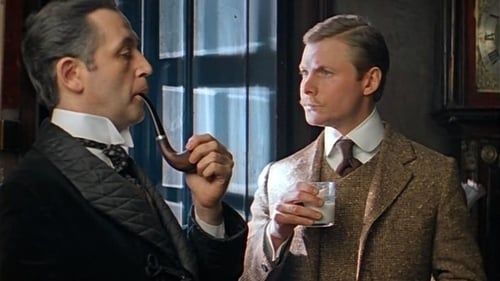
Major Sholto

An unemployed astrophysicist finds a job of a docker at a grocery store, where he falls in love with a street-wise saleswoman in the produce department. But the groom runs away at the wedding reception.

Director

Paul Lafargue

Николай Гудков

Kuchumov
Moscow mid-XIX century. Middle-aged provincial businessman Savva Gennadievich Vasilkov falls in love with local beauty Lidiya Yuryevna Cheboksarova. Wanting to meet her, he asks his new acquaintance Telyatev to introduce himself as Cheboksarov. Telyatev and his friend Glumov decide to play the mother of Lidiya, Nadezhda Antonovna, who wants to get a rich son-in-law, and recommend Vasilkov as a gold mining millionaire from Siberia. Savva Gennadievich begins to visit the Cheboksarovs house, but his provincialism and Lydiya’s intention to create a brilliant party due to their beauty prevent them from finding a common language.
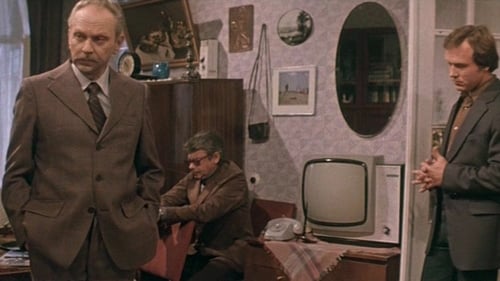
Militia Colonel Kornilov is leading a complex investigation related to multiply carjackings.
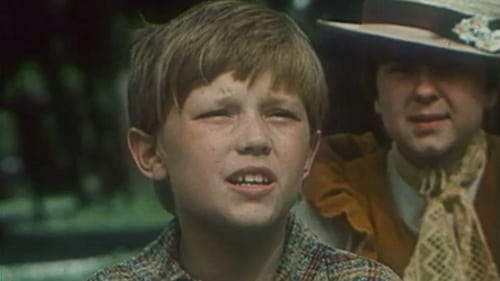
Baron Lefuet (Trech)
Young boy Timm sells his laughter to Baron Lefuet for the ability to win every wager. Based on the famous book "Timm Thaler" by James Krüss.

Lord Caversham
British MP Sir Robert Chiltern is known for his honesty and integrity. To match his wife, Lady Chiltern, who is an example of high morality. However, the past of Sir Robert, as it turned out, is not at all perfect. Famous socialite adventurer Laura Cheveley, with evidence of his long-standing dishonorable act, is trying to blackmail Chiltern. Not only Sir Robert's reputation and career are at stake, but also family happiness. His best friend comes to the rescue — Lord Goring.

Captain Urbina
A musical comedy based on the classic play by Tirso de Molina.

Based on a short story by Anton Chekhov, this drama centers around a desire for revenge and the tragedy of a star-crossed love. After a general ruins some men under him in punishment for a rebellion, a friend of the broken men vows revenge. The friend, a naval officer, takes a job as a valet in the general's son's house. While he plots his revenge, the son has an affair with a woman whom the valet begins to love. She is discarded after becoming pregnant, and the valet has his own troubles; he has contracted tuberculosis. Sick and unable to follow through on his plans for vengeance, he leaves for France with the pregnant woman hoping to declare his love and seek a cure for his illness.

St. Petersburg, mid 19th century: the indolent, middle-aged Oblomov lives in a flat with his older servant, Zakhar. He sleeps much of the day, dreaming of his childhood on his parents' estate. His boyhood companion, Stoltz, now an energetic and successful businessman, adds Oblomov to his circle whenever he's in the city, and Oblomov's life changes when Stoltz introduces him to Olga, lovely and cultured. When Stoltz leaves for several months, Oblomov takes a country house near Olga's, and she determines to change him: to turn him into a man of society, action, and culture. Soon, Olga and Oblomov are in love; but where, in the triangle, does that leave Stoltz?

A family of a private stud-farm head takes cover from a Civil War in a forsaken estate in Urals steppe. Once an old family friend Victor, lieutenant of White Guard, shows up in the estate and claims that he wants to come out of action and live according to the laws of God. The old man marries his daughter and Victor, but that is the end of peace in this house, taking into account that the white Cossacks are getting nearer

Eternal Grandfather
The story about a very small god-forgotten village in Siberia reflects the history of Russia from the beginning of the century till early 80s. Three generations try to find the land of happiness and to give it to the people. One builds the road through taiga to the star over horizon, the second 'build communism' and the third searches for oil. The oil is found but the destruction of the old cemetry and everything the people of the village cared for followed to get the 'black treasure' of Siberia.
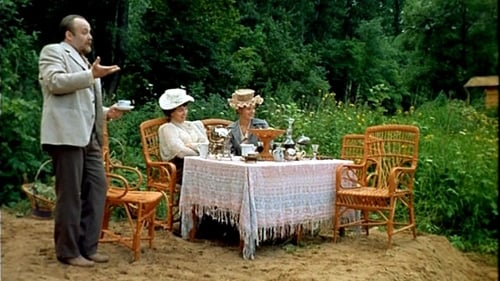
Ivan Ivanovich Triletsky
At the dilapidated country estate of Anna Petrovna Voinitseva, a group of feckless Russian aristocrats whiles away a summer afternoon. Unbeknownst to their respective spouses, local schoolteacher Platonov and the wife of Anna's stepson, Sophia, are former lovers whose meeting revives both passion and regret. Thrilled to see each other, they are nevertheless haunted by the loss of their youthful ideals.
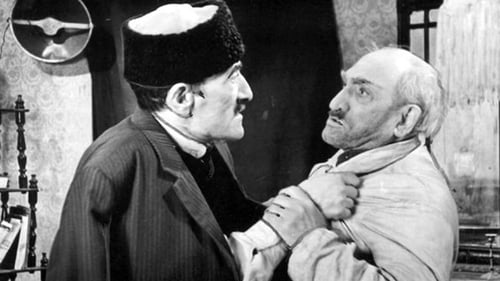
Kashtanov

Makovski
During the WWII a group of children are trying to save Stradivarius violin from Nazis.
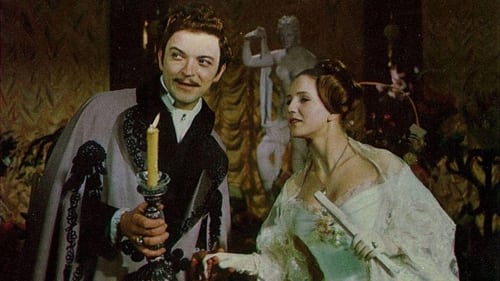
A story about love between famous composer Johann Strauss and Russian beauty Olga.

Tsar Berendey
A fairytale based on the play by Aleksandr Ostrovskiy.

Writer
A fairytale based on the play by Aleksandr Ostrovskiy.

Director
A fairytale based on the play by Aleksandr Ostrovskiy.

In an underground secret facility on a North Pacific Ocean island, Bailey schemes to get rich by creating a shortage of air in the atmosphere.

Director

Alexey Basov
A young detective is trying to find a hiding Nazi collaborationist who is responsible for deaths of a hundreds of people during WWII.

Spring, 1943. A military train is heading from a city, just liberated from the fascists. A special carriage with divisional printing-works is hitched to the train. Manager of the printing-works and correspondent expects he will travel alone, and even makes a prudent sign on the door - mines. But gradually the carriage starts to get filled with uninvited fellow travelers. The first were an injured soldier with a girl, then - a pregnant woman with escort, two communist party members, an actress, aunt Pasha, and others. The correspondent has nothing but to put up with it, because he cant turn out people, who suffer from the war, each in his/her own way.

Homer Jones
The end of the 1950s. The Chinese passenger plane, following the Beijing-Moscow flight, enters a thunderstorm and makes an emergency landing in the Baikal region. In addition to the Soviet citizen Varvara Komarova, all other passengers are foreigners. Using a stop, they explore new cities and get acquainted with the life, work and rest of Soviet people.

Dzhambul Dzakhsorov

Feature film.
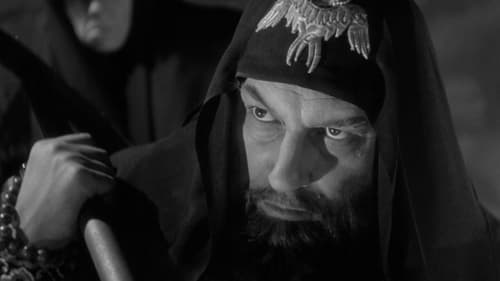
Vladimir Andreyevich Staritsky
This is the second part of a projected three-part epic biopic of Russian Czar Ivan Grozny, undertaken by Soviet film-maker Sergei Eisenstein at the behest of Josef Stalin. Production of the epic was stopped before the third part could be filmed, due to producer dissatisfaction with Eisenstein's introducing forbidden experimental filming techniques into the material, more evident in this part than the first part. As it was, this second part was banned from showings until after the deaths of both Eisenstein and Stalin, and a change of attitude by the subsequent heads of the Soviet government. In this part, as Ivan the Terrible attempts to consolidate his power by establishing a personal army, his political rivals, the Russian boyars, plot to assassinate him.


Aleksei Rybalchenko
A graduate of medical school, wanting to stay in Leningrad , Leningrad married - an engineer who designs bridges - Alexis. It was a marriage of convenience. However, Lyudmila, a capable student, the committee on the distribution of reserves in Leningrad, and in that time, Alex agrees to the construction of a bridge in Siberia, and demands that his wife was riding with him ...

Aleksei Maximovich "Maxim" Gorky
Road to Life (Russian: Педагогическая поэма, translit. Pedagogicheskaya poema) is a 1955 Soviet drama film directed by Aleksei Maslyukov and Mechislava Mayevskaya and based on the book by Anton Makarenko. It was entered into the 1956 Cannes Film Festival.
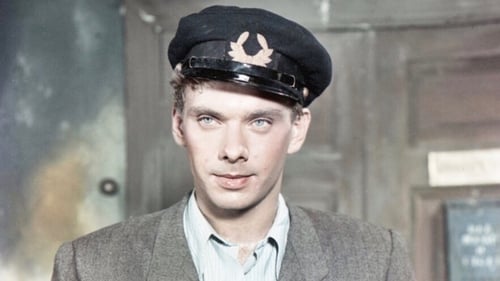
Skobelev
Drama based on the novel by Vsevolod Kochetov “The Zhurbin Family”. The characters of the picture are a large family of hereditary shipbuilders. Three generations of the Zhurbin live under one roof: grandfather Matvei, his son Ilya, three sons of Ilya — Aleksei, Anton and Viktor. In a short time, representatives of the fourth generation are born. The share of the youngest son of Aleksei fall the most severe life tests. The background for family conflicts is the reorganization of production. All Zhurbin's have to change their profession to move on.
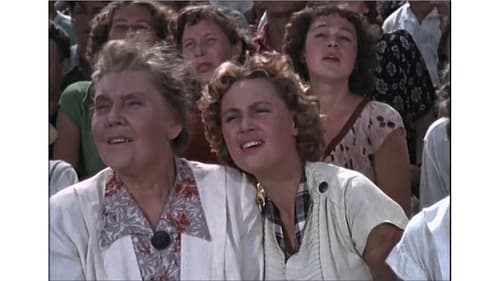
Dedushkin Svetlanov
Comedy about brothers Vesnushkin, Sasha and Vasya, who are playing for one team in a National Soccer Competition. However, Sasha falls in love with a beautiful girl and loses his confidence just before the final game, so his brother has to take the lead on the field in order to save the game.
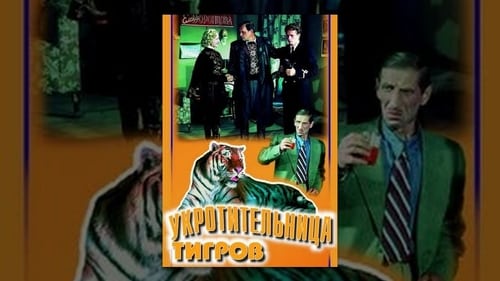
Fyodor Yermolayev
The story is about heiress of the circus family who organizes show "Let's get married" right in the cage for the tigers.

Kovshov
The major oil pipeline construction is going on under heavy bombings by the Nazi Air-Force. The construction workers must work under dangerous conditions around-the-clock in order to deliver oil to the Armies on the front-line. The construction manager Batmanov resolves many problems.

Maks Venta
In an Eastern European country, a strong political struggle breaks out over the possibility of accepting aid from the Marshall Plan or signing a cooperation treaty with the Soviet Union.

Добрынин

Aleksei Meresyev
Alexey Meresyev was a fighter pilot during the war. One day he was shot down by Nazis, and because of his wounds both of his legs had to be cut off up to his knees. Because of his spirit and courage, Alexey was able to overcome his disability. He learned not only to walk on his artificial limps, but even dance and fly the plane again. Based on a real-life story.
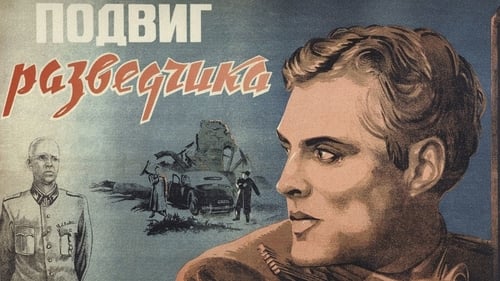
Mayor Alexei Fedotov
Soviet agent Fedotov is air-dropped into Nazi occupied land. He changes over into Mr. Ekhert, a German entrepreneur wishing to take advantage of eastern worker slave labor in occupied Ukraine. Ekhert (Fedotov) enters into a partnership with a German entrepreneur who's son, Willie, is a high ranking Nazi. Together they go to Vinnitsa, Ukraine and start a factory. Fedotov begins seeking contacts with headquarters, but faces problems when a Ukrainian Nazi collaborator manages to infiltrate the Soviet partisans.

Ratanov
Captain Ratanov is working on de-mining the port of Odessa after WWII.

Robinson Crusoe
A man struggles to survive after being shipwrecked on a deserted island.

Konstantin Nikolaevich Zlatogorov (uncredited)
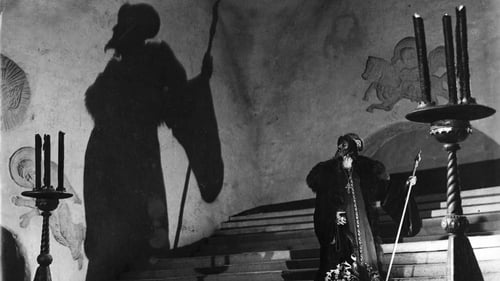
Vladimir Andreyevich Staritsky
Durante a primeira parte do seu reinado, Ivan, o Terrível, enfrenta traição da aristocracia e até dos seus amigos mais próximos, à medida que procura unir o povo russo.

Propaganda film enhancing the role of I.V. Stalin in the defense of the city of Tsaritsyn (subsequently Stalingrad, at present Volgograd) by the red army during the Russian civil war.
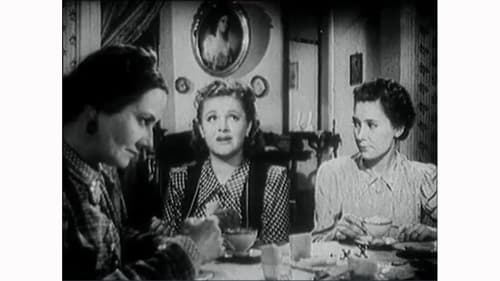
Alexey Mukhin, composer
Anton Ivanovich Voronov is a highly respected professor at the Moscow Conservatoire, who places the music of Bach above everything else and regards it as the ultimate yardstick by which other musical accomplishments must be measured. His daughter, Serafima, is an aspiring singer with great potential, and her father’s anger is aroused when she begins singing in the operetta composed by Aleksei Mukhin, thus abandoning what he considers the higher calling of opera. Mukhin’s work, however, demands a high level of ability from his soloist, and Anton Ivanovich is persuaded of the legitimacy of operetta as a musical genre when, in a dream, he is visited by Johann Sebastian Bach himself, who tells him that ‘people need all kinds of music’.

About the struggle of the red Army and the revolutionary workers of Petrograd against the white guards in 1919....

